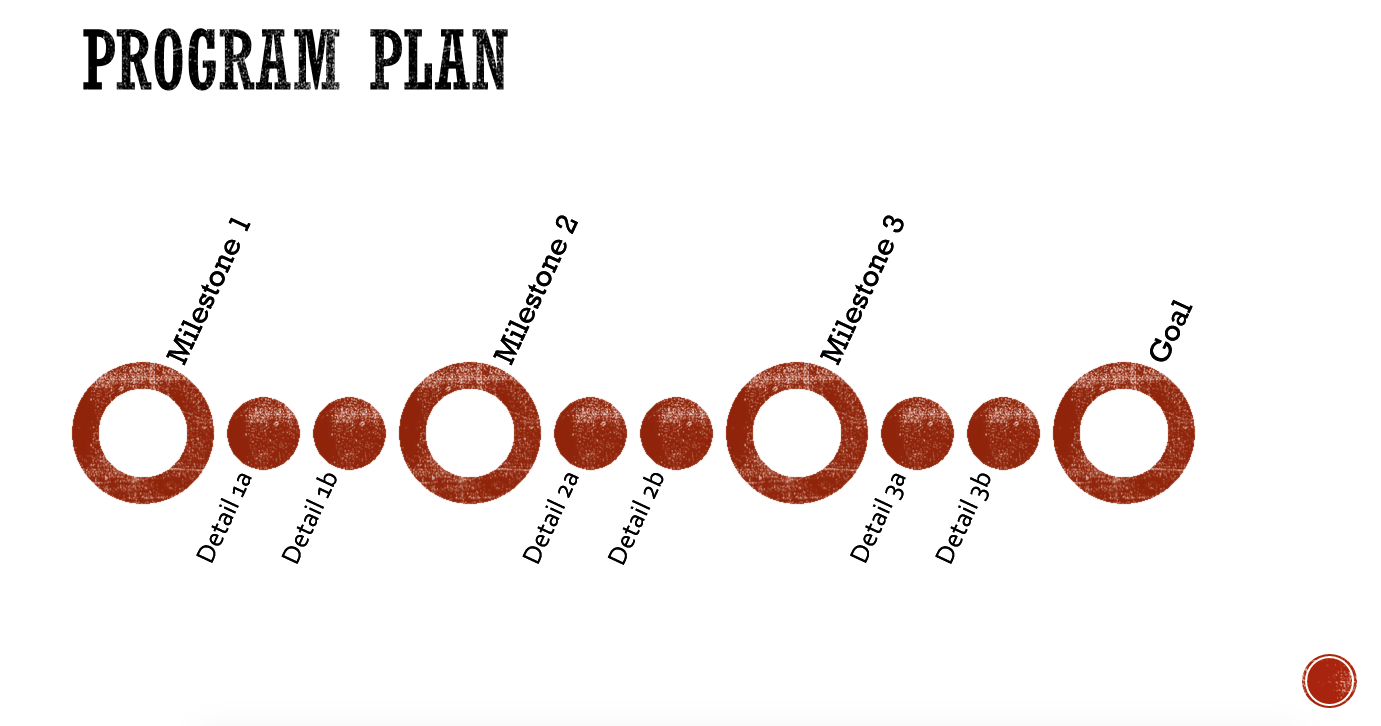Opposing Forces

Reposted - originally from June 14, 2015
It was an interesting turn of events this week when I needed customer input to complete an integral task for the program delivery schedule. The input required ~60 minutes of effort on their part but took 3 full business days to receive on ours. It was interesting because this was the first time the tables had turned since the engagement started and it seemed the customer did not maintain the same sense of urgency as an action owner as they did with tasks assigned to the program team. I am sure many PMs can relate.
The customer has been very uncomfortable with the program, beginning in the requirements phase, primarily due to the newness of the underpinning product, associated costs and organizational change impacting the program team. For their internal project the customer asked to integrate our program schedule details as a subordinate project within their overall plan. Against my better judgment we relented and shared the details which became a slippery slope, eventually leading to the customer micromanaging each detail rather than milestones and escalating detail misses distracting the team from achieving the milestones. Although this is important to the story, I’ll save how we dug ourselves out of this hole for another time.
I am sure you are thinking, this is just another PM whining about customers and you would be right. I am also using this to illustrate how easy it would be to fall in to the customer’s behavior and start escalating this detail. However, as a PM you have to maintain a broader strategic perspective and allow it to guide your tactical actions. In the end what does the customer want? To be on time to schedule, to be within budget and have a quality output. PMs know we can effectively manage or impact 2 of the 3.
At this point in the plan the customer is primarily focused on quality, which is why it took so long to receive their input. They wanted to provide the right information once. For me cost is at the forefront [for nearly all programs], so I did not escalate because in this environment it would increase cost to the program. This meant schedule could be impacted which also concerns the customer. It becomes a balancing act to minimize impacts to one of the three while effectively meeting the other two. In the end was non-starter for schedule because of the upfront planning that included some buffer leading up to the next milestone. Sure we were eating into time that could have been used later in the plan, but maintaining a strategic mindset and knowing the customer is temporarily concerned with quality, and ultimately they are worried about schedule and cost, I was confident I could meet their tactical quality needs and accommodate the longer duration without impacting cost or schedule.
So what are the lessons? First of all, it is always the PM’s job to think strategically and act tactically. Secondly good solid planning up front will allow for the ebbs and flows of a plan. And third, managing the customer relationship and expectations is critical to success.
I am sure there are other lessons as there are undoubtedly other ways to handle the situation.